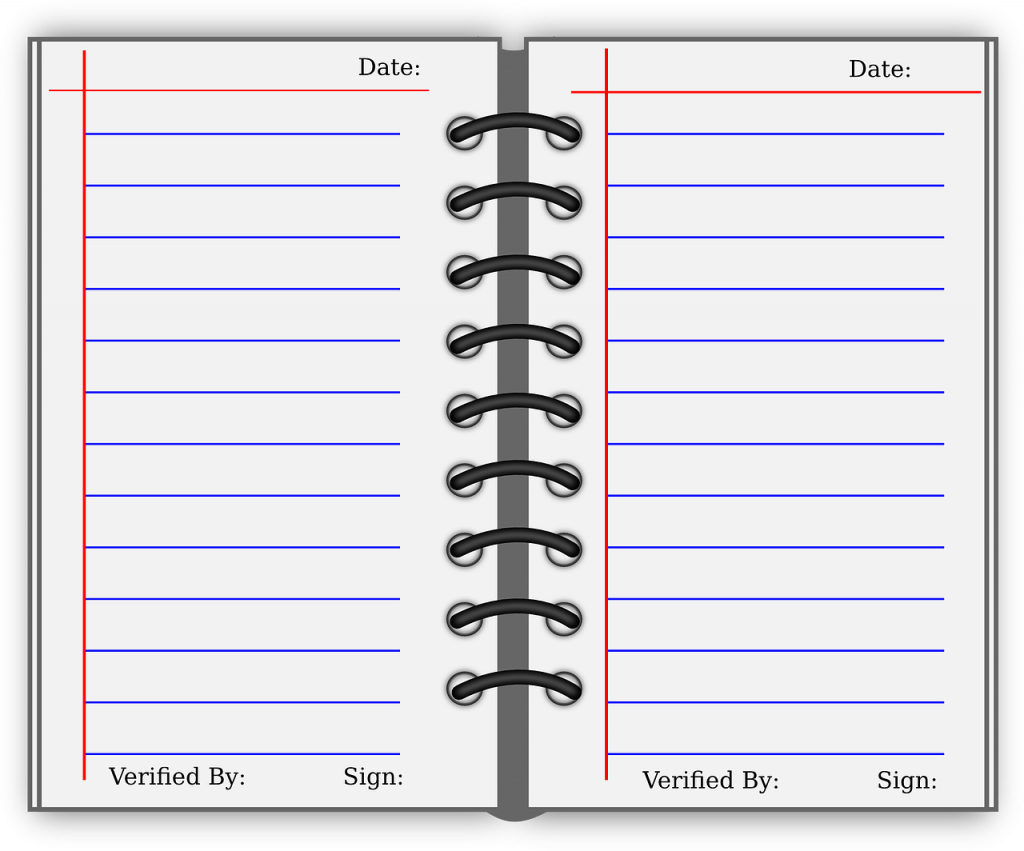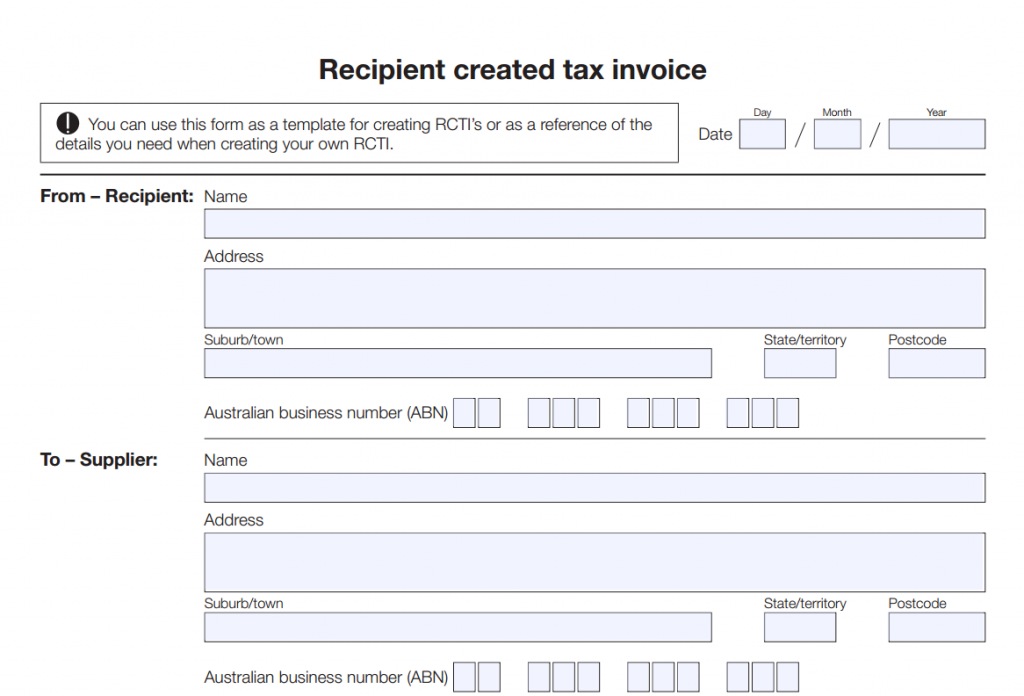
This week’s blog is another in our IMHO series and is about an issue I believe has the potential to become a big problem in the bookkeeping world.
YOU: So what is this issue?
Well, lately I’ve started to think that perhaps all of this automation currently occurring within our client’s online bookkeeping files is not such a great thing.
YOU: What? Are you kidding?
Yeah, I hear you – I kind of can’t believe I’m writing this myself!
For the uninitiated, by “automation” I’m talking about cloud-based bookkeeping software that is enhanced by “addons”. So basically, you have the original accounting program and a bunch of other programs integrated with that accounting file. The idea is that these “addons” will make the accounting file perform better but more than that, remove the need for users to have to do many tasks manually, thereby saving them time (and sanity).
YOU: Well, that’s a good thing right?
Yep, bloody fantastic…………. WHEN THE WHOLE SYSTEM IS WORKING CORRECTLY! (yes, I’m shouting ?)
YOU: Doesn’t it save users time?
Absolutely.
YOU: Doesn’t it help us to remember to do tasks and thereby stop things from falling through the cracks?
Oh yeah, you bet it does!
YOU: So what’s the problem?
Glad you asked. ? ?
This is going in caps because yes, I am shouting…….again!
AUTOMATION THAT IS NOT REGULARLY CHECKED BY AN ACTUAL HUMAN BEING WILL LEAD TO A BOOKKEEPING DISASTER!
YOU: But isn’t automation set and forget?
No, I hope not! (The work still needs to be checked on a regular basis)
YOU: So, are you saying that automation can cause errors to occur?
Exactly. Why? Because users think automation = perfection i.e. what could possibly go wrong?
THIS IS NOT THE CASE!
The work still needs to be checked and reviewed regularly by a human being, preferably by your bookkeeper (or other accounting professional).
I’m not against automation, far from it! It does reduce the workload and makes the accounting process a real pleasure……..if it is set up correctly and is monitored regularly.
For medium to large operators, it’s a god-send – 100’s of transactions being created daily without having to touch a computer. Imagine what they can do with the time instead? Go on a holiday, go to the movies, go out for tea or even just get on with running the business itself! Heaven!
You get the picture – automation removes the need to spend hours doing manual bookkeeping.
I LIKE IT!
However, what I don’t like is a fully automated accounting file that:
- Is not checked by a human being on a regular basis
- Has not been set up by an experienced, “accredited” user of the addons being utilised
- Is transacted upon by users who do not understand the addon software or the effect/s it has on the general ledger
All of these things = one thing ⇒ an accounting file that is progressively being destroyed by backend software on an hourly or daily basis.
YOU: What does this mean for users of the file?
For bookkeepers , it means hours of repair work. For business owners it means a nervous breakdown followed by a very large bookkeeping bill!
YAY!
NOT!
Honestly, as a bookkeeper of nearly 17 years, I would rather do the hard yards and do the manual data entry than have to spend hours fixing accounts that have been mutilated by addons which haven’t been regularly monitored.
YOU: What a waste of time! Manual data entry? Are you crazy? She’s obviously one of those old fashioned bookkeepers!
You called it – it’s true, I am! But at least the accounts would be done correctly, first time, every time.
Do you think things will come full circle and we will return to the “good old days” of manual data entry?
Well that last comment was tongue-in-cheek of course………….
I don’t think anyone wants to return to those days……EVER!
But you know what? Given the choice between doing manual data entry or repairing an accounting file that is full of erroneous data due to over-automation, I know which one I’d choose any day!
YOU: So has bookkeeping become over-automated?
Perhaps.
YOU: Do you dislike automation?
Yes, if it causes more problems than it solves! But no, if it’s set up correctly and is regularly transacted on by experienced and trained users.
So it’s your turn now. What do you reckon?
- Is automation going to end up causing major bookkeeping headaches in the future?
- Are we headed for a bookkeeping Armageddon?
- Is it a mistake to completely turn our backs on manual data entry?
- Are we complicating the accounting process by automating everything?
Off you go, leave your comments below.










